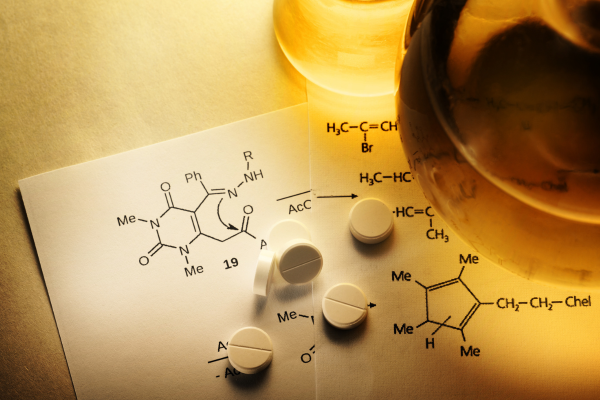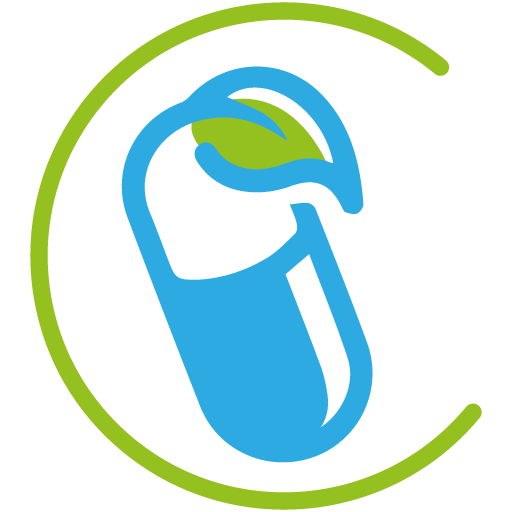Metoprolol, a beta-blocker medication, is commonly prescribed to manage high blood pressure, chest pain, and heart failure. While metoprolol is effective in controlling these conditions, it’s essential to be mindful of potential interactions with certain foods. In this comprehensive guide, we delve into the nuances of metoprolol food interactions to help you make informed choices and optimize your treatment plan.
How Metoprolol Works
Metoprolol belongs to a class of medications known as beta-blockers. It works by blocking the action of certain natural chemicals in the body, such as adrenaline, which can elevate blood pressure and heart rate. By reducing the workload on the heart, metoprolol helps to improve blood flow and lower blood pressure, thereby reducing the risk of heart-related complications.
Factors Influencing Metoprolol Absorption
Several factors can influence the absorption and effectiveness of metoprolol, including food intake. While food generally does not interfere with the absorption of metoprolol, certain types of food can affect its absorption rate and overall efficacy.
Understanding Metoprolol Food Interactions
High-Fat Foods
Consumption of high-fat foods can delay the absorption of metoprolol, leading to a slower onset of action. It’s advisable to avoid consuming high-fat meals close to the time you take your metoprolol dose to ensure optimal absorption and effectiveness.
Grapefruit and Grapefruit Juice
Grapefruit and grapefruit juice contain compounds that can interfere with the metabolism of certain medications, including metoprolol. These compounds inhibit an enzyme in the intestines responsible for breaking down medications, leading to increased blood levels of metoprolol and potentially enhancing its effects. Therefore, it’s recommended to avoid grapefruit and grapefruit juice while taking metoprolol to prevent adverse interactions.
High-Sodium Foods
High-sodium foods can contribute to elevated blood pressure, counteracting the effects of metoprolol. Limiting the intake of high-sodium foods such as processed snacks, canned soups, and fast food can help optimize the effectiveness of metoprolol in controlling blood pressure.
Optimal Timing of Metoprolol Administration
To minimize the risk of food interactions and ensure consistent absorption of metoprolol, it’s advisable to take the medication on an empty stomach or at least one hour before meals. This allows for optimal absorption and effectiveness, reducing the likelihood of food-related interactions.
Conclusion
In conclusion, understanding the potential interactions between metoprolol and certain foods is essential for maximizing the efficacy of treatment and minimizing the risk of adverse effects. By being mindful of what you eat and when you take your medication, you can optimize the benefits of metoprolol therapy and better manage your cardiovascular health.
Source: https://www.singlecare.com/blog/metoprolol-food-interactions/







This piece lingers in the mind, sparking thoughts that stay with you long after you’ve finished reading.